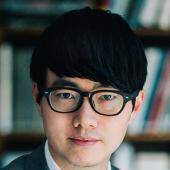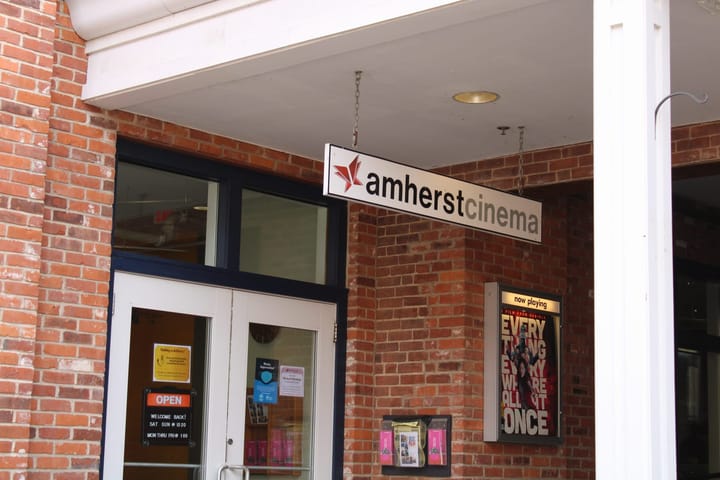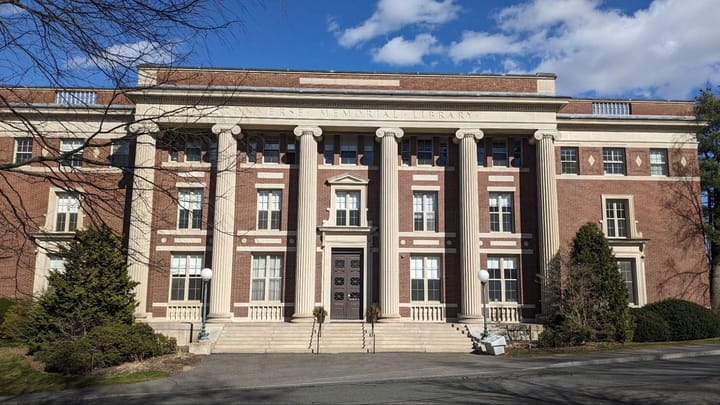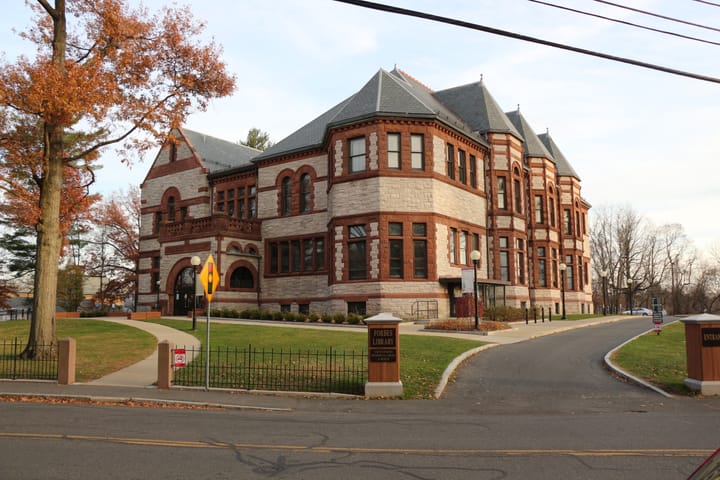Fresh Faculty: George Qiao

George Qiao is an assistant professor of history and Asian languages and civilizations. He attended the Fudan University in China and received both his M.A. and Ph.D. at Stanford University.
Q: When did you begin studying the history of China and why did you want to pursue it? A: I was interested in the subject ever since I was a child, and I’ve always wanted to become a scholar. I was in a special humanities program at the Fudan University in China of humanities that combined literature, history and philosophy. After college, I went to Stanford for my master’s in history. My advisor recommended that I pursue history, which by graduate school, I knew my calling would be. I then applied to be in the history department at Stanford and got in, which led me in the direction for my career.
Q: What made you want to teach at Amherst College? * *A: I got a few job offers when I was on the job market, and Amherst had the best reputation of all the places that offered me a teaching job. One of my colleagues who went to Stanford was extremely enthusiastic about Amherst, which really influenced me to pursue the job that Amherst offered me. The strongest impression I saw was the students’ passion for their institution at Amherst. For these reasons, the decision to teach at Amherst was very clear to me.
Q: What kinds of research have you conducted and what things have you written so far? A: During my graduate school years, I focused on late imperial Chinese history. Right now, I am working on my first book which is about the Shanxi merchants during China’s Qing Dynasty. The Shanxi merchants were a group of people who become dominant figures in late imperial China because they became integral figures of the Chinese economy.
Q: What about Amherst do you like, and which aspects do you think could be improved? A: I absolutely love teaching here. What I like the most about here is twofold. First of all, I like the rural setting, because the landscape is beautiful and inspiring, and the students who come from places that don’t have seasons or beauty around them get to experience this amazing place. I live in South Amherst, which has beautiful views of mountains and the different seasons, which is such a treat! Second, I particularly enjoy the small class sizes and the close relationships that I have with my students, because I get to talk to all of them on an individual basis. The students are hardworking and work hard to satisfy the demands of their classes. They are smart but also respectful and care about their friends. The colleagues also have a great culture of supporting new faculty members by providing resources and advice on how to teach. The only thing I would want to improve would be some of the infrastructure. For example, the history department is often in the basement of Chapin Hall which is not the most pleasant place to teach. However, this is only a minor drawback.
Q: What would you like to contribute to Amherst during your time here? A: I want to stay here as long as possible because this is a really great place. I think that internationally and organizationally I can help in two areas. First, I hope to provide a substantial and rigorous curriculum of Chinese history. I also hope to strengthen the students’ interest in Chinese culture and history in a very intellectually rigorous manner. I want to do this by establishing the student’s connection to China through opportunities like overseas studies with Chinese institutions.
Q: What do you like to do in your spare time? A: I love to spend some of my time with photography. That is part of why I love Amherst so much, because it is so beautiful with the mountains and the four seasons, and I can take advantage of the beauty. Because I am also a scholar, I would love to teach a class that combines photography with Chinese history!





Comments ()